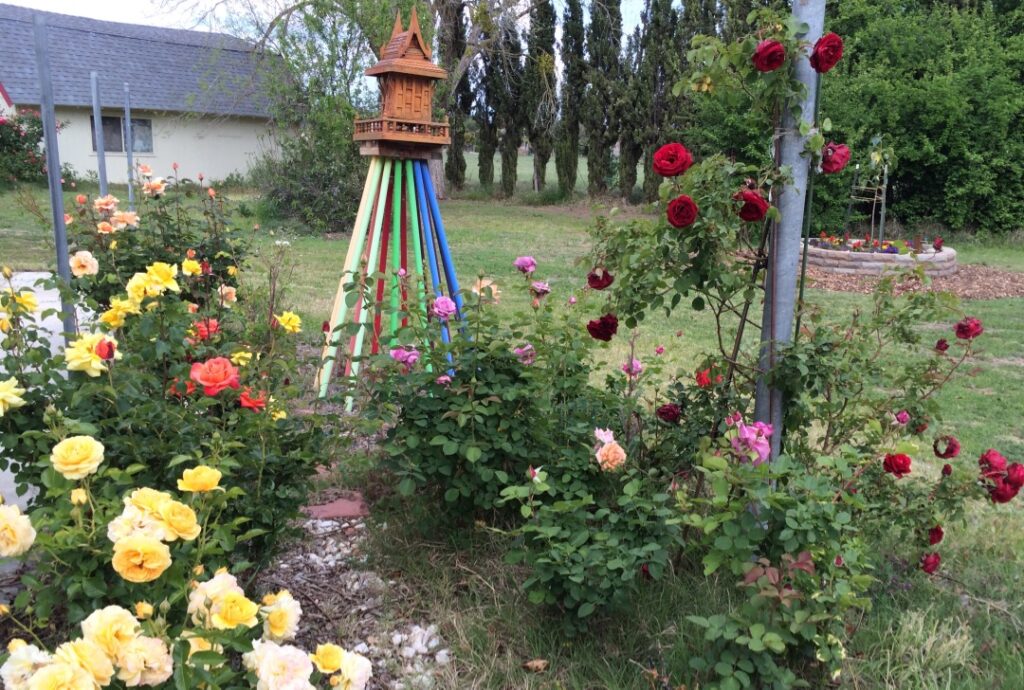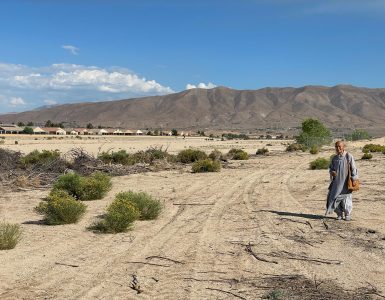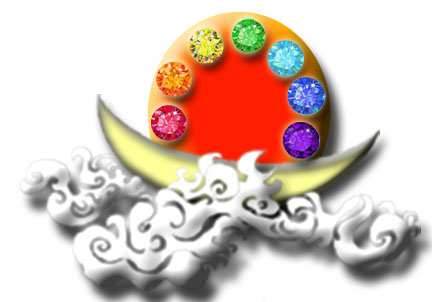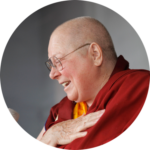
We continue our study of the “128 Evil and Erroneous Views” from the Supreme and Unsurpassable Mahamudra of Liberation (SAUMOL) next Sunday, May 24 starting at 2:00 pm. The Buddha Master has said that you will not become enlightened in this lifetime if you hold any of these views. They should be used to evaluate all buddhist masters, rinpoches, and dharma kings as well as any Buddhist texts or translations of texts, commentaries, or sutras. However, they should mostly be used to evaluate your own mind, speech, and behavior.
Since we just finished a class on What Is Cultivation?, we will start on Sunday with various views held about cultivation practice. Since there are three evil views and three erroneous views, it is doubtful that we will cover all of them next Sunday. We will go as far as we can. I do want people to be able to ask questions and share their experiences on these issues. After that there are 17 more categories of views that we need to investigate and understand. WE covered four erroneous views on meditation last week.I don’t know how many classes that will take as we will take as much time as we need for each view.
The titles of each of the mini-discourses given my the Buddha Master that we will use as text for these classes is different from what I now have as the most recent translation of the SAUMOL. I will use the most recent translation first and include the original that you will find on-line with the text in parenthesizes. Please note that the
“Views” are all written as negatives–what you should not do, say, or think.
The following are the six “Evil and Erroneous Views” related to cultivation plus the one we discussed last week while considering “Meditation”.
EVIL VIEW #4–Cultivation: Acknowledging that one may forsake bodhicitta in one’s cultivation (THE VIEW OF APPROVING CULTIVATION THAT IS DIVORCED FROM BODHICITTA): There are many methods of cultivation within the Buddha-dharma. Whatever method one uses to cultivate, it cannot be divorced from bodhicitta. Any form of cultivation that is divorced from bodhicitta is evil cultivation. Therefore, the most important aspect of cultivation is never separating from bodhicitta. In addition, we should not approve of those whose cultivation is divorced from bodhicitta.
EVIL VIEW #9–Cultivation: Acknowledging that one can attain liberation merely by practicing a dharma and without cultivating oneself (THE VIEW THAT ONE CAN BECOME LIBERATED ONLY BY PRACTICING A DHARMA AND WITHOUT CULTIVATING ONESELF): Those with this view think that once they learn a certain dharma, they have succeeded. For example, they think how great it is that they now practice the Vajra Substitute Body Meditation. They think they can perform dharma and control their destiny at will. Or they think, “I can practice tummo concentration dharma to eliminate karmic hindrances. Why do I need to cultivate myself? It is even permissible for me not to cultivate myself since I will still succeed and become liberated.” That view is extremely evil.
EVIL VIEW #13–Cultivation: Acknowledging that doing good deeds alone fulfills the requisite condition to attain holy nirvana (THE VIEW THAT ONE CAN ATTAIN HOLY NIRVANA BY SIMPLY DOING GOOD DEEDS):
Those who with this view think that as long as they do good deeds and everything that they do benefits living beings, that is enough for them to attain the nirvana of holy beings and become a Buddha or Bodhisattva. One must know that doing good deeds is performing conditioned charity. Based on the law of cause and effect, such charity will result in karmic rewards in the human or heavenly realms. However, attaining holy nirvana entails realizing a holy state. That means attaining the unconditioned state in which one has ended the cycle of birth and death and possesses total self-mastery. It means reaching that holy land where there is no arising or ceasing. Therefore, thinking that one can attain holy nirvana by simply doing good deeds is an evil view. You must understand that in addition to doing good deeds one must also practice unconditioned, holy dharma. Only then can one attain holy nirvana. There is no other path to attain holy nirvana.
ERRONEOUS VIEW #5–Cultivation: Acknowledging that studying the teachings of the sutras is learning from Buddha (THE VIEW THAT STUDYING THE TEACHINGS OF THE SUTRAS IS CULTIVATING YOURSELF): Some people spend all of their time studying the teachings of the sutras. They can recite the sutras fluently from memory. They call themselves Buddhist cultivators. That is incorrect. They are scholars of Buddhism engaged in Buddhist studies. They are not cultivators. We should not approve of this erroneous view. Approving means that you yourself have this erroneous view or that you approve of others having this erroneous view. Either way reflects an erroneous view.
ERRONEOUS VIEW #24–Cultivation: Acknowledging that one may postpone learning from Buddha until one is less busy with worldly matters (THE VIEW THAT IT IS ACCEPTABLE TO PUT OFF LEARNING BUDDHISM UNTIL YOU ARE NO LONGER BUSY WITH WORLDLY MATTERS): Some people think, “I am so busy now. I will wait until I finish the work I am doing before I learn Buddhism,” or “I will wait until my business is well developed before I learn Buddhism,” or “I will wait until I am little older and retire before I learn Buddhism.” As soon as you think like that, you immediately plant the seed of degeneration. That seed was planted right at the moment you generated such a view. Learning Buddhism has to start right away. Correct thinking has to be established right away. You should start right now at this moment while I am giving this discourse. Because there is no fixed date when a person dies, you do not know on which day you will die.
ERRONEOUS VIEW #89–Cultivation: Acknowledging that cultivating oneself and learning from Buddha require giving up work (THE VIEW THAT ONE MUST GIVE UP ONE’S WORK IN ORDER TO CULTIVATE ONESELF AND LEARN BUDDHISM): Some people say that they will simply give up their work in order to cultivate themselves and learn Buddhism. They say that only by quitting their job can they concentrate their attention on cultivation and thereby cultivate themselves well. This is an erroneous view. A true cultivator acts in accord with the teachings of Buddhism no matter what circumstances he is in. One should not think that only by quitting one’s job and focusing entirely on cultivation is one acting in accord with the teachings of Buddhism.
ERRONEOUS VIEW #2–Meditation: Acknowledging sitting meditation as cultivating oneself (THE VIEW THAT SITTING MEDITATION IS CULTIVATING YOURSELF): Some people say that they are cultivating themselves when they sit in meditation. Sitting meditation is not cultivation. It is just sitting meditation. Sitting meditation is for directly experiencing what one’s original nature is. Through direct observation, one comes to understand one’s mind and see one’s original nature. However, this goal may not always be achieved. Some people use sitting meditation with the goal of directly experiencing the ultimate truth of dharma principles but may not be able to do so. Cultivating oneself is a completely different matter. Sitting meditation is less than one-tenth of cultivation. Meditation is just one of the six paramitas, having nothing to do with the other five. In cultivating oneself, one must face living beings in real life, face one’s own mind, and act as the Buddha acted. CLICK for commentary on this Erroneous View.




Add comment